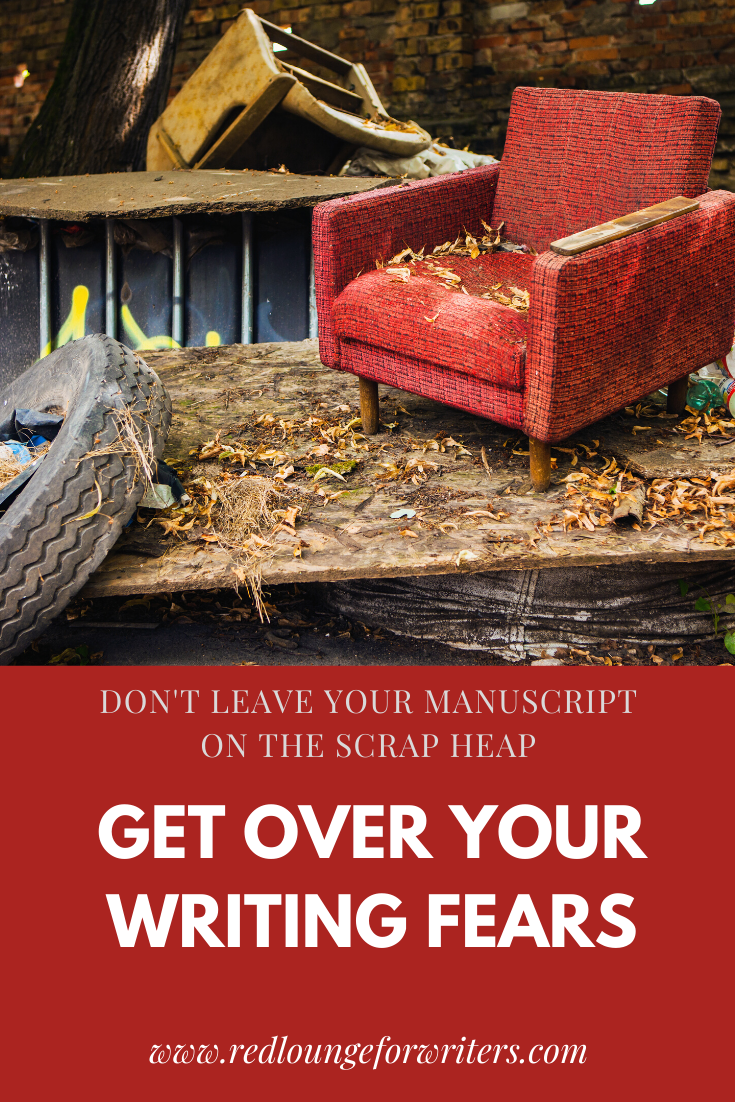In the last little while I’ve worked through a few sets of edits on my new novel. When I sent off the final manuscript, all those months ago, I thought that the writing was as good as I could make it. But there’s nothing like an editor to show you up, right*?
My editors picked up all sorts of issues, but a big one was my frequent use of ‘filler’ words. I make sentences more complicated than they need to be. I add in ‘very’ and ‘mostly’ and ‘a little’ much** more than is necessary.
I’ve wondered before if women use filler words more than men. There has been much written about the way women speak compared to men, however a recent experience editing a man’s memoir shows me that males are just as capable of using filler language.
What are filler words?
If you’re modifying every adjective with ‘very’, you’re using filler language. Other culprit words include: a little, mostly, almost, terribly, quite. There are: just, only, almost, slightly, seemed, perhaps, maybe, simply, somehow, absolutely, basically, actually, sort of and kind of.
Then there are the combinations: really quite, really very, almost a little bit, basically only, perhaps somehow.
What’s wrong with filler language?
1. It takes up space. If you’re writing a 700-word blog post, do you need five repetitions of ‘very’ or six ‘mostlys’? Words are precious. Make them count.
2. It doesn’t add anything. ‘It was a very dangerous trip’ has the same meaning as ‘it was a dangerous trip’. Dangerous is a strong word; let it stand on its own.
3. It sounds apologetic. We don’t need to apologise for what we communicate. ‘Softening’ with filler words isn’t necessary.
4. Brevity is clarity.
When might you use filler words?
If you’re a blogger or author with a distinctively personal voice, part of your repertoire of communication effects may be to use certain filler words. If you’re aware of using them, and choose them deliberately, go for it!
How do you know if you use filler words?
The ‘search’ function in your word processor is a useful tool. Crank it up and type in any or all of the words I’ve listed above. You might find you have an unknown penchant for ‘quite’ or ‘actually’.
(Hot tip: If you get recklessly lethal and use the ‘Search and Replace’ tool to eliminate your ‘verys’ be sure to put a space before and after the word, otherwise ‘everybody and everything’ ends up being ‘ebody and ething’ through your document.)
Read through your document. If you use a distinctive word (not just a typical ‘filler’ word) twice or more, throw it into the search function too. I discovered by doing this that I overuse the word ‘crazy’ when I write teen fiction. Too much crazy… well, it’s too much crazy.
What are your filler words? Why do you use them? How will you get rid of them?
Cecily Paterson is an author of eight ‘braveheart’ novels for girls, a memoir and a biography. Find her books at www.cecilypaterson.com She also teaches writing at www.redloungeforwriters.com
This article was first published on Christian Writers Downunder.
*I say this with affection. We love editors at the Red Lounge for Writers.
**Oh look… I didn’t need that ‘much’ either.















